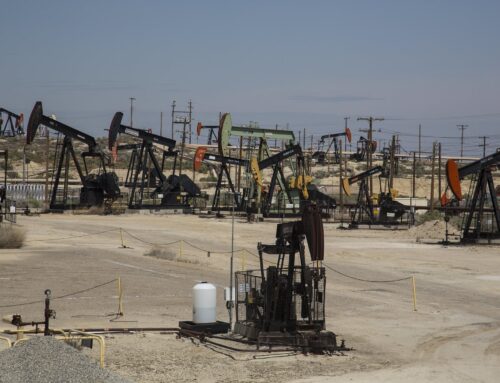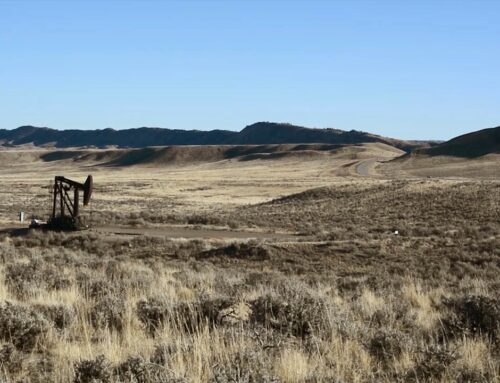Today, the Department of the Interior's Bureau of Land Management released a proposed rule to codify fiscal reforms to the onshore oil and gas leasing system as well as other changes to "the fees, rents, royalties, and bonding requirements related to oil and gas leasing, development, and production."
In response to this announcement, TCS Vice President, Autumn Hanna, issued the following statement:
"The federal oil and gas leasing system has been in dire need of reform for nearly a century, costing taxpayers billions of dollars in lost revenue. Adding fiscal insult to financial injury, this system saddles the nation with skyrocketing reclamation liabilities. Today's proposed rule will get the country one step closer to making important reforms enacted as part of the Inflation Reduction Act permanent and addressing weak and insufficient bonding protections."
Background
For decades, taxpayers have been losing money at every step of the oil and gas leasing process. For more than a century, the royalty rate on federal oil and gas leasing remained stagnant at 12.5 percent, lagging behind what is charged in federal waters (18.75 percent) and what certain states charge on their state land (e.g. Texas charges 25 percent). The proposed rule updates the royalty rate to 16.67 percent pursuant to the IRA, an improvement compared to the 12.5 percent that taxpayers have been getting, but still lags rates charged in federal waters and certain states. In a June 2022 sale, the Bureau of Land Management announced that the royalty charged for these leases would be 18.75 percent. The results of the June 2022 lease sale preliminarily indicate that a higher royalty rate will not lead to reduced bidding or bid revenue. In five of the six states with significant leasing history, bidding rates were up.
On top of being shortchanged by outdated rates, taxpayers also often shoulder cleanup liabilities of orphaned oil and gas wells left behind by the industry. Currently, BLM bonding minimums are insufficient to cover the cost of reclamation for wells left abandoned by oil and gas companies. This creates a disincentive for companies to properly plug and clean wells as it is cheaper to abandon them, leaving taxpayers to shoulder future cleanup liabilities. Bonding reform is long overdue and badly needed to hold the oil and gas industry accountable, as well as protect taxpayers from liabilities left behind by the industry.
Last November, TCS sent a letter to DOI urging the agency to build on the reforms made in the IRA, like implementing a royalty rate of 18.75 percent that is more in line with what taxpayers get in federal waters and updating bonding requirements. Read our letter here.










